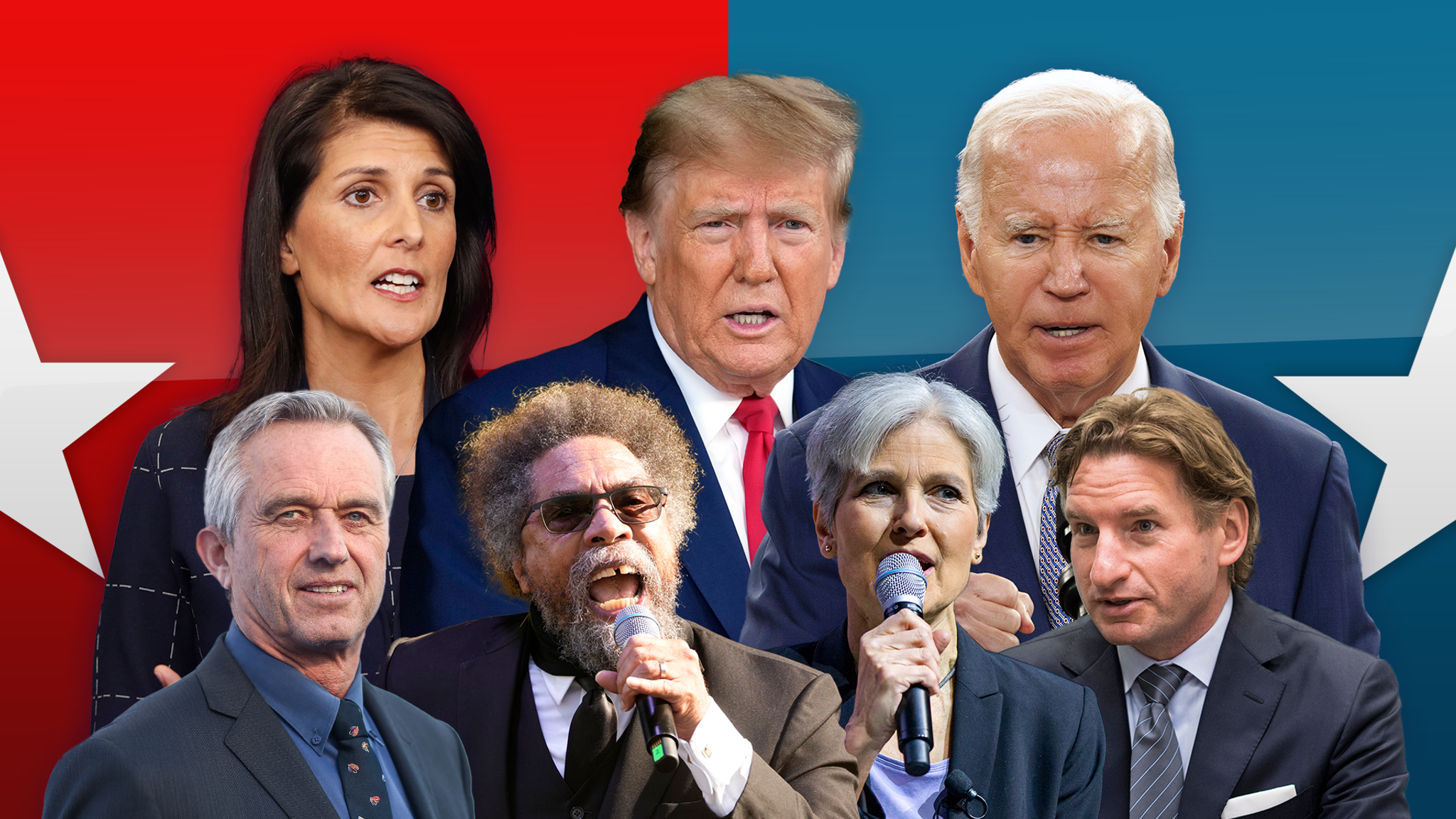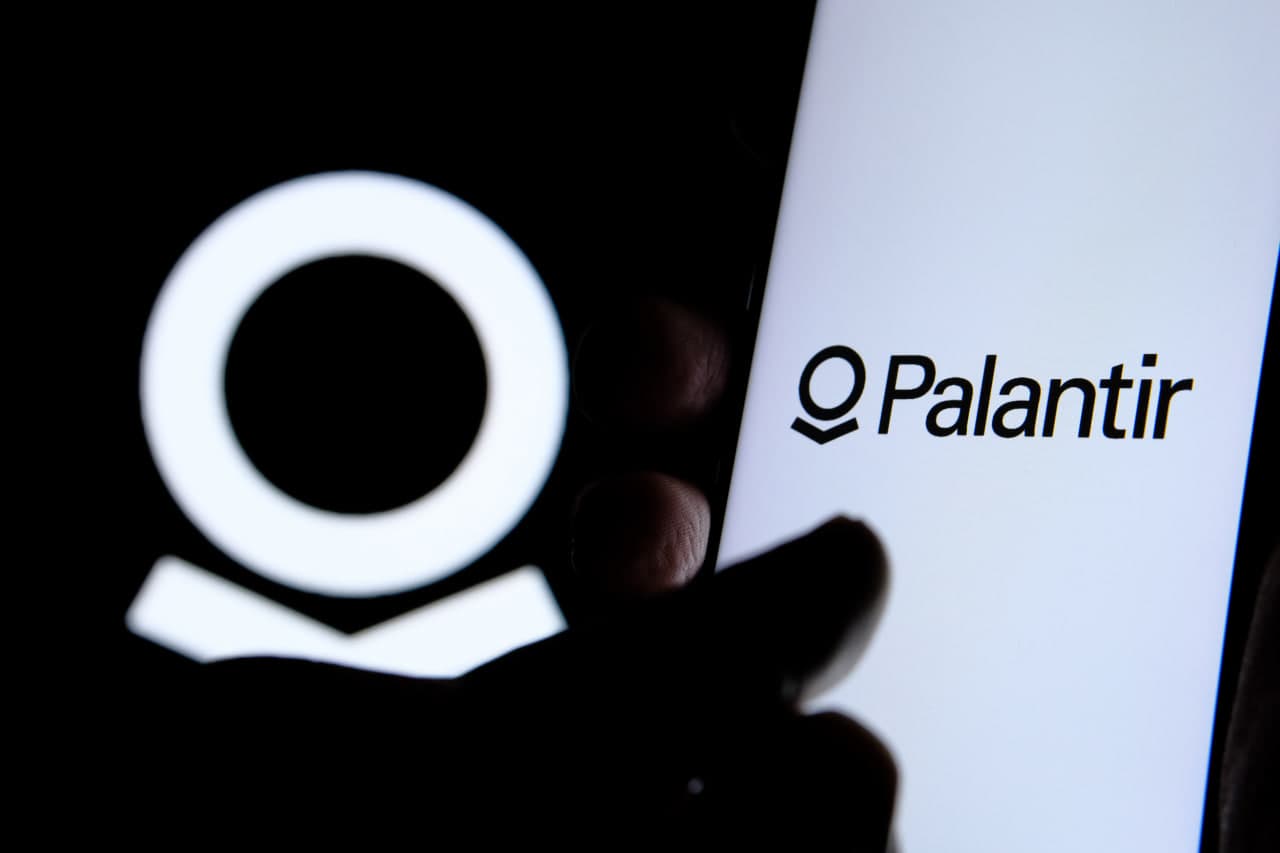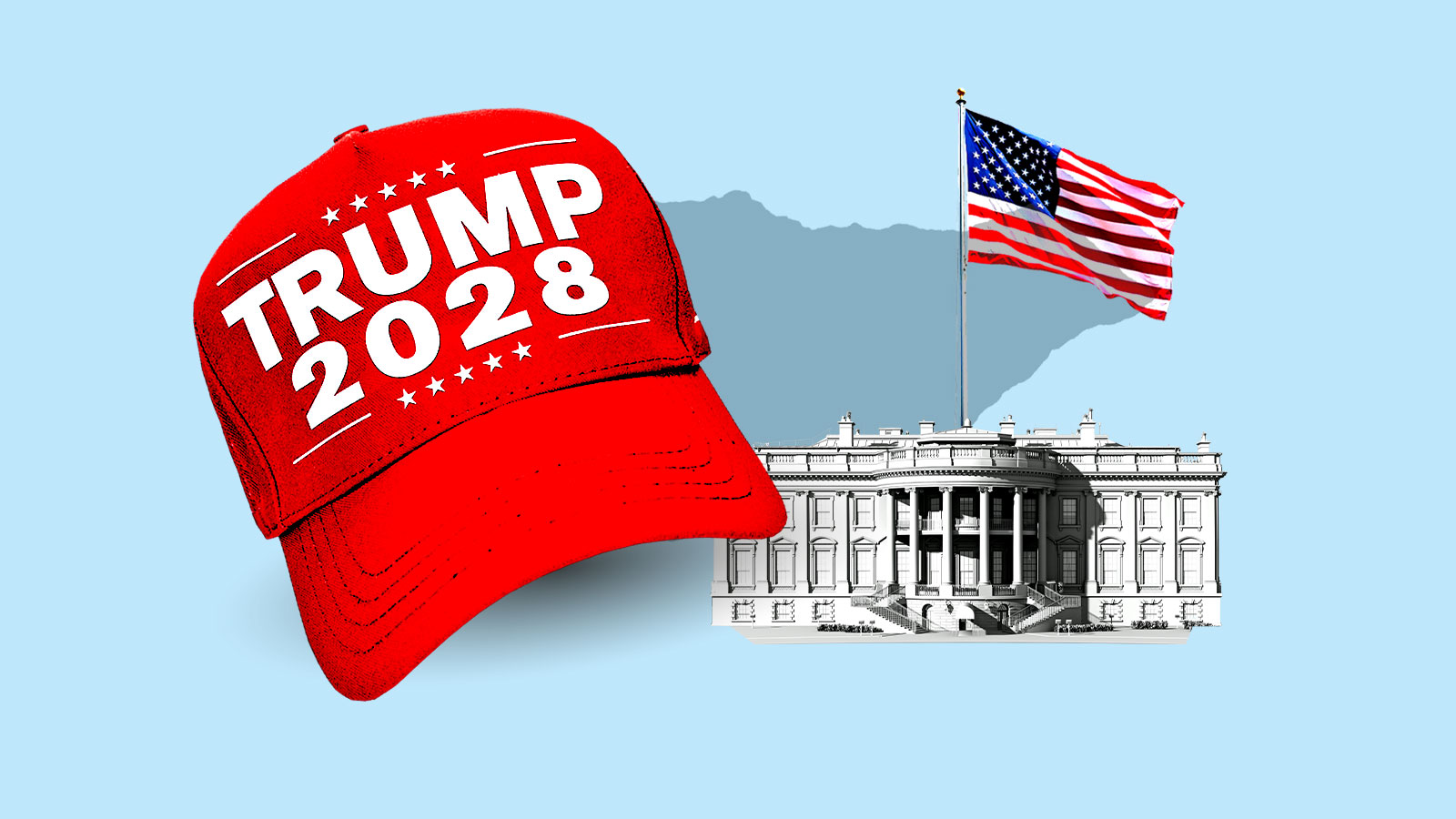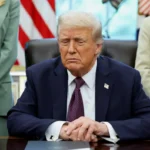Who Are the Potential Candidates for the 2028 U.S. Presidential Election?

As of mid-2025, the potential candidates for the 2028 U.S. presidential election are beginning to emerge from both major political parties, although no official declarations have been made yet. Here’s a breakdown of some figures being discussed as likely or possible contenders:
Republican Party – Potential Candidates
- Donald J. Trump (if eligible and interested)
- Having served as president from 2017 to 2021 and running again in 2024, Trump remains a dominant figure in Republican politics. Whether he would run again in 2028 depends on the outcome of his current term and political climate.
- Ron DeSantis
- Governor of Florida. Popular with conservative voters and known for his culture war stances and strong state-level governance.
- Nikki Haley
- Former U.N. Ambassador and South Carolina Governor. She built a reputation for foreign policy experience and could appeal to moderate conservatives.
- J.D. Vance
- U.S. Senator from Ohio. Seen as a rising star with strong Trump-aligned populist credentials.
- Vivek Ramaswamy
- Entrepreneur and political outsider. Known for his performance in the 2024 primary debates, he may seek a future run.
Democratic Party – Potential Candidates
- Kamala Harris
- Current Vice President. If Joe Biden does not run or serve another term, she would be a natural frontrunner for the Democratic nomination.
- Gavin Newsom
- Governor of California. Known for his progressive policies and national profile, he has been floated as a likely candidate for higher office.
- Pete Buttigieg
- Secretary of Transportation and former mayor of South Bend, Indiana. He’s viewed as a future leader within the Democratic Party with appeal among younger voters.
- Gretchen Whitmer
- Governor of Michigan. Has gained national attention for her leadership during crises and could be a strong Midwestern candidate.
- Alexandria Ocasio-Cortez
- U.S. Representative from New York. Although still relatively young, her influence among progressive voters is significant, and she may seek a national role in the coming years.
Independent or Third-Party Candidates
While the two major parties dominate, there’s always speculation around:
- Robert F. Kennedy Jr. (Independent)
- Andrew Yang (Forward Party)
- Other populist or centrist figures who may challenge the mainstream political structure.
Final Thoughts
The 2028 field is still speculative, but generational turnover and shifting political dynamics will likely introduce new faces and narratives on both sides. As the U.S. approaches a critical period for its economy, international influence, and technological leadership, expect candidates to emphasize AI, national security, economic reform, and climate policy in their platforms.

















